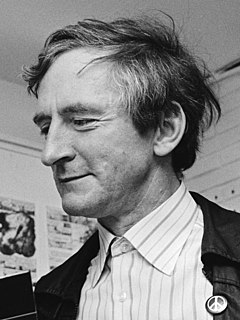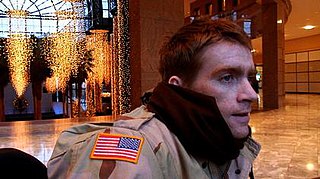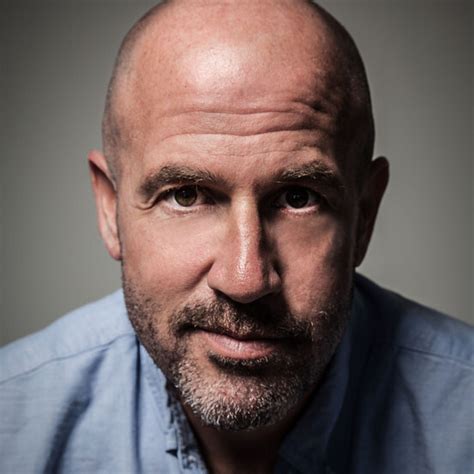A Quote by Kurt Vonnegut
I do not say that children at war do not die like men, if they have to die. To their everlasting honor and our everlasting shame, they do die like men, thus making possible the manly jubilation of patriotic holidays. But they are murdered children all the same.
Related Quotes
When men die, they die in fear", he said. "They take everything they need from you, and as a doctor it is your job to give it, to comfort them, to hold their hand. But children die how they have been living - in hope. They don't know what's happening, so they expect nothing, they don't ask you to hold their hand - but you end up needing them to hold yours. With children, you're on your own. Do you understand?
He knew one thing only, and it was beyond fear or reason: He was not going to die crouching here like a child playing hide-and-seek; he was not going to die kneeling at Voldemort’s feet . . . he was going to die upright like his father, and he was going to die trying to defend himself, even if no defense was possible. . . .
History did not demand Yossarian's premature demise, justice could be satisfied without it, progress did not hinge upon it, victory did not depend on it. That men would die was a matter of necessity; WHICH men would die, though, was a matter of circumstance, and Yossarian was willing to be the victim of anything but circumstance. But that was war. Just about all he could find in its favor was that it paid well and liberated children from the pernicious influence of their parents.






































